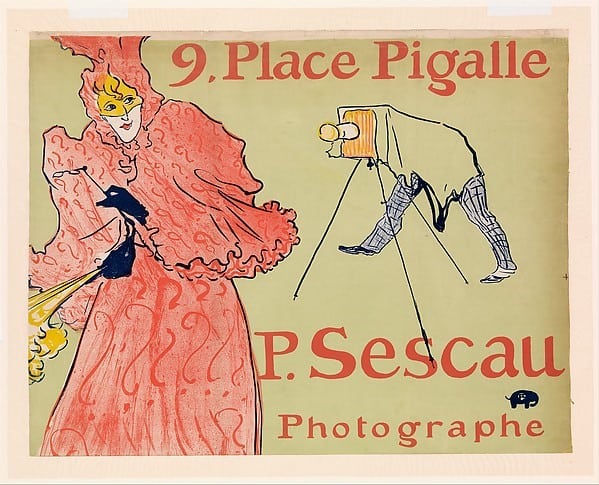A federal court judge in New York has dismissed a copyright infringement claim brought by a photographer, but allowed her claim under the Digital Millennium Copyright Act (DMCA) to go forward.
Professional photojournalist Matilde Gattoni took a picture of a woman in a long dress walking down an empty street near a building with a colorful facade in Morocco.
She posted the photo on her Instagram page and included the phrase: “(c) Matilde Gattoni Photography, 2016, All rights reserved.”
Tibi, a clothing company, copied the photo and cropped is to that only the colorful front of the building appeared. The company posted the image to its own Instagram page. The post had the caption “Palette,” an image of a camera, a colon, and a hyperlink to Gattoni’s Instagram page.
Tibi didn’t seek Gattoni’s permission to use her work in this way.
Gattoni sued.
The court noted that in order to bring a claim for copyright infringement, a plaintiff must allege:
- which original works are the subject of the copyright claim;
- that the plaintiff owns the copyrights in those works;
- that the copyrights have been registered in accordance with the statute; and
- by what acts during what time the defendant infringed the copyright.
Gattoni had submitted an application for copyright registration at the time she filed her complaint, but it was still pending when the defendant brought a motion to dismiss.
Courts are split over whether the pre-suit registration requirement means that a work is “registered” when an application for copyright is pending.
Although the Second Circuit hasn’t addressed this issue, district court in the Second Circuit (which includes New York) have required that a plaintiff either hold a valid copyright registration or have applied and been refused a registration before filing a civil claim for infringement.
Gattoni also claimed that Tibi had violated 17 U.S.C. § 1202(b) of the DMCA, which prohibits intentionally removing or altering any copyright management information (CMI).
To prove a violation of this section, a plaintiff must show:
- the existence of CMI on the infringed work;
- removal and/or alteration of that information; and
- that the removal and/or alteration was done intentionally.
A DMCA case doesn’t require copyright registration, so the judge denied the defendant’s motion to dismiss the DMCA part of the case.
The case is Gattoni v. Tibi.
Takeaway
This case shows that despite the seemingly informal nature of social media posts, and the encouragement of sharing of content, that type of sharing can still run afoul of the DMCA.


